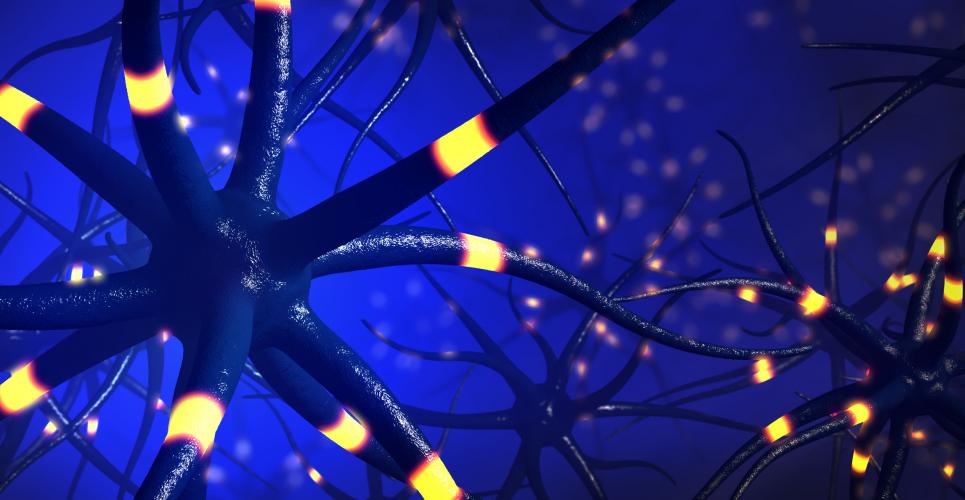New results of a 65-year follow-up study of nearly 7000 Norwegian patients with multiple sclerosis (MS) suggest that patients may have a greater overall risk of developing cancer than the general population, with an especially high risk of cancer in respiratory organs, urinary organs and the central nervous system.
Cancer risk among MS patients compared with the non-MS population:
- Respiratory cancer: 66% increase in risk
- Central nervous system (CNS): 52% increase in risk
- Urinary cancer: 51% increase in risk
- Overall cancer: 14% increase in risk.
This long-term analysis was based on patient records from 6883 MS patients born between 1930-1979, who were registered with various Norwegian MS and Cancer Registries, and prevalence studies from Norway. The analysis also included data from 8918 siblings without MS, and 37,919 non-MS individuals.
“This study is the first to compare cancer risk in MS with non-affected siblings of MS patients. The risk assessment between these two groups is extremely interesting because they share the same genetics and environmental conditions,” noted Dr Nina Grytten, lead researcher of the study, from Haukeland University Hospital, Bergen, who presented the results at the EAN congress.
“Previous clinical studies of cancer risk in MS patients in various countries have shown inconsistent findings, so further research is needed to help improve our understanding in this area,” stated Dr Grytten. “This research outlines the need for greater awareness of cancer risk among MS patients, which should lead to shortened cancer diagnosis and more effective therapy in order to improve outcomes and survival.”
“Additional research could also identify the possible connections between haematological cancer and MS and new ways in which we could manage these conditions“, she added.
According to Dr. Grytten, the results of the investigation might suggest that MS and haematological cancer could share a common aetiology, which can be important for future treatment of MS and prevention of both diseases.

